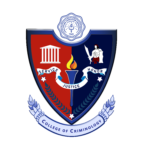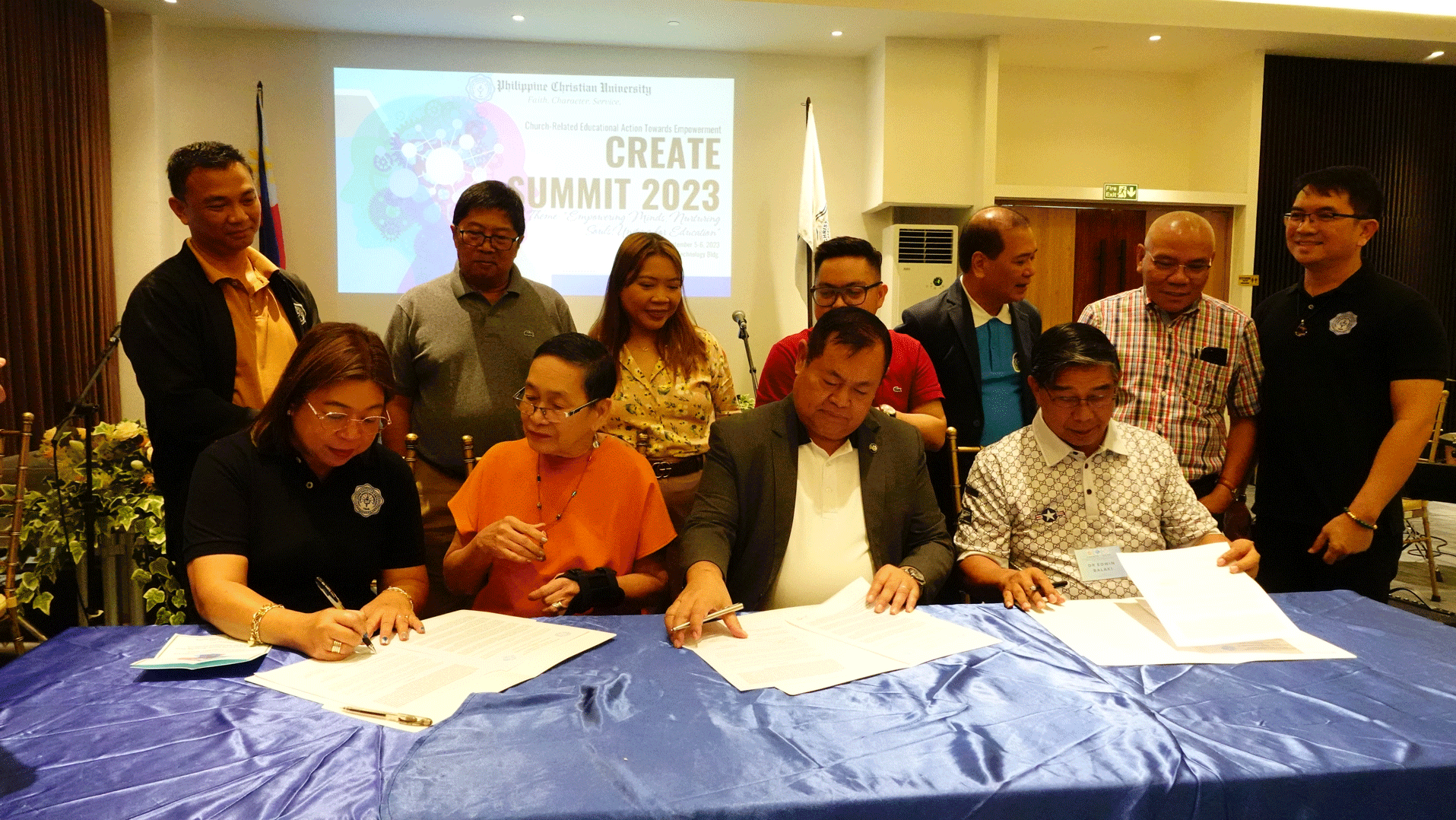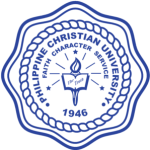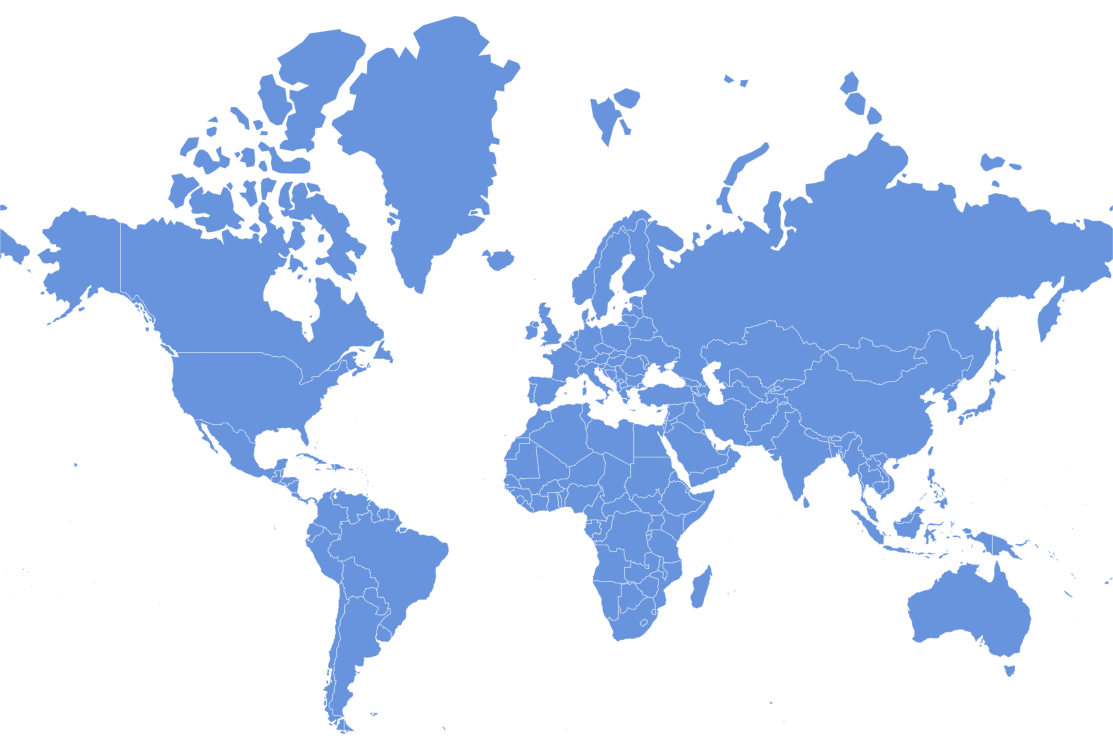College of Criminology
"pax et concordia"
(Peace, Love and Harmony)
College Of Criminology
Criminology is the study of crimes, criminals, and crime victims. It also looks at theories that explain illegal and deviant behavior, how society reacts to crime and criminals, how well anti-crime laws work, and the larger political landscape of social control. Criminology is a field of study that looks at crime as a social phenomenon. Because of this, it is a dynamic field of study that is always changing. Students have to do work in sociology and other social science and humanities fields as part of the course. Students who are currently working in the field of criminal justice or other public service fields, as well as students who are hoping to work in these fields in the future, will find this degree to be of interest. Additionally, students who are interested in attending graduate or professional schools will also find this degree to be of interest.
All aspects of criminality, law, and justice policy are represented in our pedagogical offerings. Our students’ skills get better when they learn in the classroom, get hands-on training in the real world, and watch and learn from others. This is made possible by our partnerships with local and national government law enforcement organizations.
Vision
At Philippine Christian University’s College of Criminology, we bring together academic study and real-world application of criminology, security, and intelligence studies. Because of this, government law enforcement agencies will have more qualified candidates from different cultures from which to choose. Students who have successfully become part of our school system in this way are also better prepared for further study. We think it is important for students to experience the interplay of theory, research, and practice in the classroom as well.
To reach this goal, the college uses a cross-disciplinary, team-based approach to promote education that is both academic and focused on real-world skills. Our goal is to make Philippine Christian University’s College of Criminology the best place in the country and the region for teaching and researching criminology, security, and intelligence. As a result, Criminology professors aim to play prominent roles in the disciplines of criminology, security, and intelligence at the national and regional levels through their teaching, publishing, and service. Our staff not only teaches students about criminology, security, and intelligence, but also meticulously and systematically investigates what these professions do, how they do it, why they do it, and how it may be improved.
Mission
The mission of Philippine Christian University’s College of Criminology is to educate and train professionals who will make significant contributions to the fields of Criminal Justice, Security, and Intelligence Analysis at the institutional, regional, and national levels. Our students learn best in an environment where teachers are involved in practice, theory, research, writing, and promoting excellence in both the classroom and the real world.
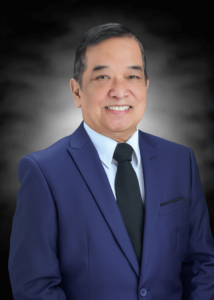
(Ret.)P/Major Gen.
Leocadio Salva Cruz Santiago Jr., Ph.D., P.D.
Dean
Grace and peace to you from God our Father and the Lord Jesus Christ!
The College of Criminology at Philippine Christian University is happy to have you if you are looking for a school that encourages its graduates to work hard in school and help the community.
Our goal is to help students make the connection between classroom learning and real-world scenarios, so enhancing their employability. Our Criminalistics Laboratory for Photography, Ballistics, Forensic Chemistry, and Toxicology is equipped with cutting-edge technology, and our other facilities are updated regularly to keep up with the ever-changing field of criminology. Large lecture halls, a computer lab, a library with Internet access, a media center, and spaces for sports and cultural events are also available.
Even though the College of Criminology at Philippine Christian University is still fairly new, it has already given graduates the skills they need to be effective law enforcers in many fields, such as law, education, police, and the justice system. This is the fruit of our efforts to educate our students and hone their technical abilities through participation in a wide variety of mentoring and Student Organizations.
We’re proud of our teaching staff, who are not only board-certified but also work in the field of criminology. Legal subjects relative to criminology are taught by practicing lawyers, and the field of criminalistics is taught by actual practicing law enforcers.
I encourage you to explore our website where you will find detailed information about College of Criminology as well as the Philippine Christian University, our academic programs, our faculty, our student body, as well as our curricula.
We welcome you to the Philippine Christian University, College of Criminology!
Curricular Strategy
All College of Criminology faculty members are expected to not only teach but also practice and do criminology research in their areas of expertise. This is so that students can learn more by combining theory and practice.
In this field, students do a lot of apprenticeship work, on the job training and are required to do applied research with both public and private groups that work to keep law and order. By doing so, they are able to begin establishing contacts in their chosen field and on the job market that will be invaluable to them once they have completed their program.
Courses Offered
Bachelor of Science in Criminology (Download Curriculum)
Not Available
Not Available
Research Title | Author | Presentation Date | Publication Date |
PNP Combat Operations Checklist
PNP National Operations Center Incident management and monitoring
PNP Critical Incident Management
PNP Incident Command System (ICS) Organizational Structure | Leocadio S.C. Santiago Jr, Ph.D., PD |
2011 | |
Redifining Strategies of the Philippine Government’s Counter Insurgency Operations towards Neutralization of Communist Insurgency
| Leocadio S.C. Santiago Jr, Ph.D., PD | 2021 | |
The Implementation of educational program in New Bilibid Prison: A basis for correctional enhancement
| Elvira P. Llantos, Ph.D.
| 2018 | |
Comparative Value Added Tax Exemption Policy: An Analysis Towards Effective
| ATTY. PRACKIE JAY T. ACAYLAR, CPA, PD, JD | Association of Training Institutions for
| |
Comparative Individual Income Taxation Policies: An Analysis Towards Effective
| ATTY. PRACKIE JAY T. ACAYLAR, CPA, PD, JD | Association of Christian Schools, Colleges and
| |
Effectiveness of the Value Added Tax Exemption Policy on Gross Domestic |
ATTY. PRACKIE JAY T. | Journal of Governance Risk Management
Asia-Pacific Consortium of Researchers and
Association of Christian Schools, Colleges and
Marikina Organization of Learning Leaders
| |
Anti-Criminality Campaign Program of Batasan Police Station, Quezon City Police District towards a Safest Community
| PSSg. ROY ESTILLERO | 2017 | |
Assessment of Camp Bagong Diwa Public Safety Battalion
| PSSg. ROY ESTILLERO | 2013 |
Community Extension Project Name | Beneficiaries | Date (Inclusive) | Evaluation | Recommendation | Galleries |
|
|
|
|
|
|
|
|
|
|
|
|
|
|
|
|
|
|
Company Name | Logo | Descriptions | MOU/MOA |
|
|
|
|
|
|
|
|
|
|
|
|


